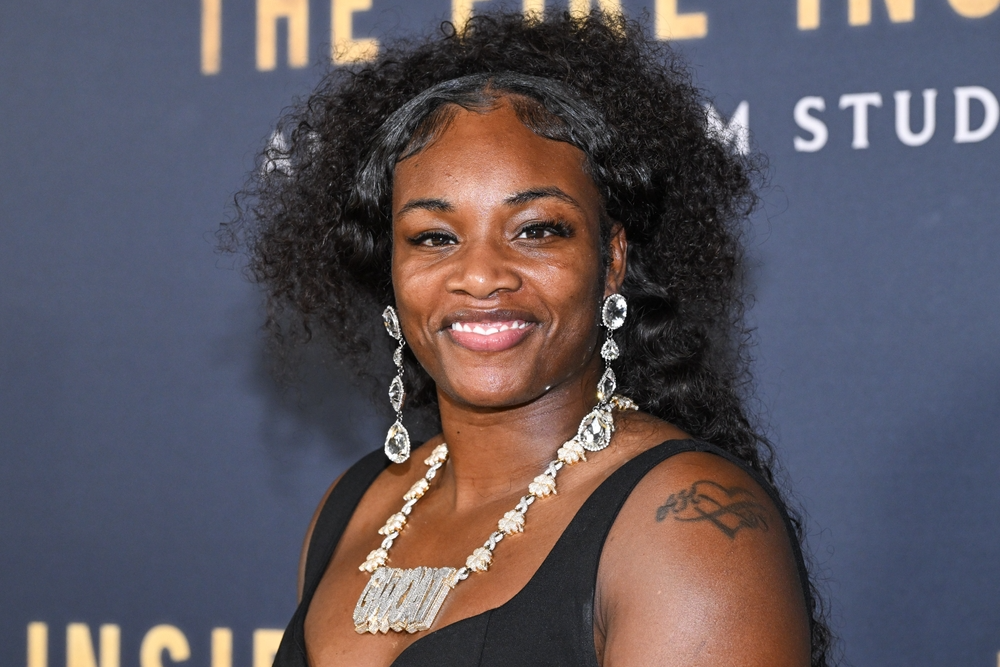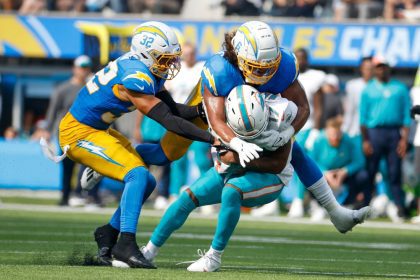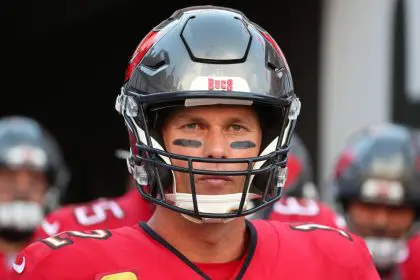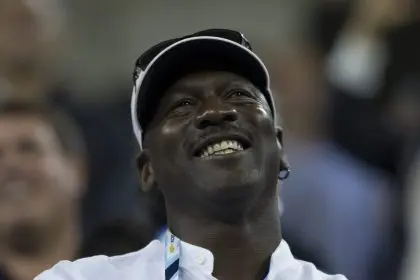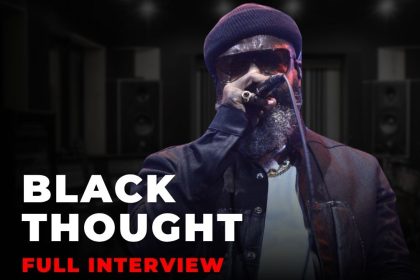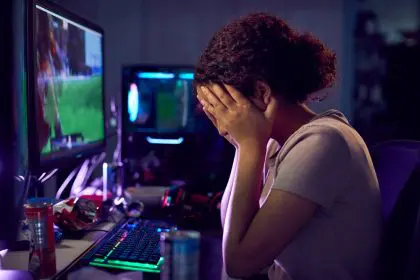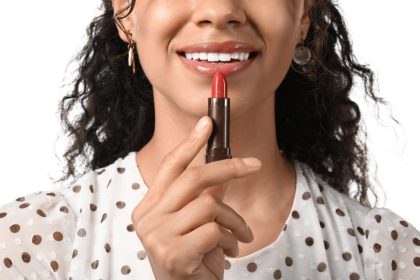In a move that reveals the often-hidden dangers of reality television, championship boxer Claressa Shields has turned down an appearance on the popular reality show “Baddies” after producers refused her request for liability waivers. The Olympic gold medalist’s decision highlights growing concerns about participant safety in a genre known for manufacturing conflict.
Why safety matters in the entertainment industry
The boxer’s perspective
As one of boxing’s most decorated athletes, Shields understands physical confrontation better than most. Her insistence on liability waivers for all cast members stems from professional experience and awareness of reality TV’s tendency to encourage dramatic confrontations. The production team’s unwillingness to accommodate her safety concerns ultimately led to her walking away from what could have been a high-profile crossover opportunity.
The world champion’s caution reflects a savvy understanding of reality television’s mechanics. Shows like “Baddies,” hosted by Natalie Nunn, thrive on interpersonal conflict and emotional volatility. For someone with Shields’ training and capabilities, participating without legal protections could present serious risks to herself and others.
Behind reality’s curtain
Reality television’s production methods often deliberately create environments where tensions run high. Producers typically craft scenarios designed to trigger emotional responses from participants, sometimes through sleep deprivation, alcohol availability, or strategic editing. These tactics, while effective for ratings, can create genuinely dangerous situations when physical altercations occur.
Shields’ request for liability waivers represents an uncommon level of foresight in an industry where participants frequently sign away various rights without fully understanding potential consequences. Her stance questions the ethical responsibilities of production companies toward their talent, especially when shows implicitly or explicitly encourage confrontational behavior.
The cultural impact of prioritizing safety
Setting new precedents
Shields‘ decision may inspire other celebrities and contestants to demand better safety protocols before agreeing to reality TV appearances. As production companies face increasing scrutiny over duty of care practices, talent with leverage might begin insisting on similar protections.
The incident also reveals how reality television continues to navigate tensions between authenticity and orchestrated drama. While audiences crave genuine human emotion and conflict, production companies must balance this against growing awareness of mental health impacts and physical safety concerns.
Public reaction and industry standards
Social media response to Shields‘ decision has been predominantly supportive, with many fans praising her professional approach to what could have been a risky career move. Industry observers note that her stance highlights evolving expectations around participant welfare in entertainment.
The boxing champion’s refusal raises important questions about whether reality shows have adequate protections in place for participants. While most productions carry insurance policies, the specific legal shields that contestants receive can vary dramatically between shows and networks.
Career implications beyond the ring
Brand positioning
For Shields, declining “Baddies” reinforces her personal brand as a disciplined professional athlete rather than a reality personality seeking exposure at any cost. This distinction may prove valuable as she continues building her legacy both inside and outside competitive boxing.
The decision demonstrates Shields’ long-term career planning. Reality television can offer significant short-term financial benefits and exposure, but potential downsides include reputational damage or injuries that could impact her boxing career. By prioritizing personal safety and professional stability, she signals to sponsors and fans that she takes her responsibilities seriously.
Alternative platforms
While turning down “Baddies” closes one door, Shields’ principled stance may open others. Media outlets and production companies interested in working with authentic, safety-conscious personalities might view her decision favorably. Documentary films, sports commentary roles, and carefully selected media appearances could provide platforms better aligned with her personal standards.
The future of reality entertainment
Industry evolution
The tension between entertainment value and participant welfare continues shaping reality television’s development. As more high-profile individuals like Shields publicly decline participation over safety concerns, production companies may find themselves pressured to implement stronger protections.
Reality television’s sustainability depends on finding ethical approaches to creating engaging content. Shows that can generate drama without encouraging dangerous behavior may gain competitive advantages as audience awareness grows around participant welfare issues.
Consumer awareness
Viewers increasingly understand the mechanics behind reality programming, including how production techniques manufacture conflict. This awareness creates opportunities for shows that take alternative approaches to non-scripted entertainment, potentially expanding the genre beyond its current formulas.
A principled stand in an unpredictable industry
Claressa Shields’ decision to decline a reality show appearance over safety concerns represents more than a simple career choice. It highlights fundamental questions about responsibility, risk management, and the ethics of entertainment production.
As reality television continues evolving, the incident serves as a reminder that behind the dramatic moments audiences consume lies a production process with real consequences for participants. Shields’ professional approach to evaluating these risks demonstrates the same strategic thinking that has made her successful in the boxing ring.
Whether her stance influences industry practices remains to be seen, but her willingness to prioritize safety over exposure deserves recognition. In an entertainment landscape where controversy often generates the most attention, sometimes the most powerful statement comes from simply walking away.

